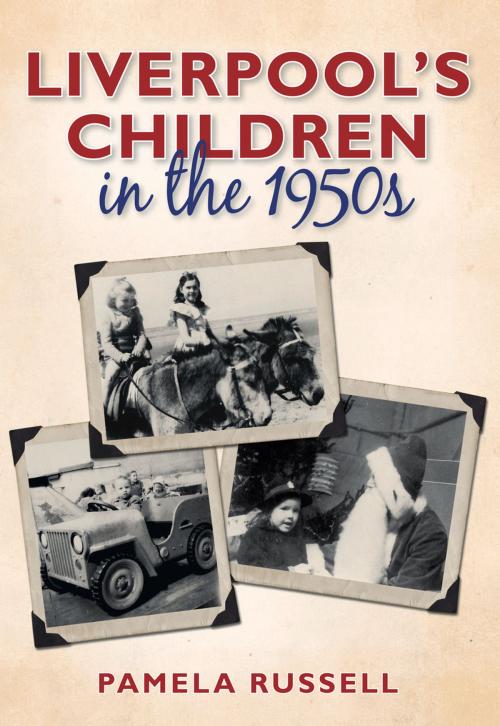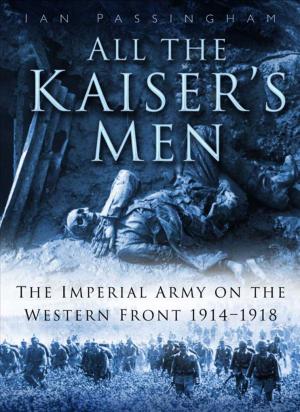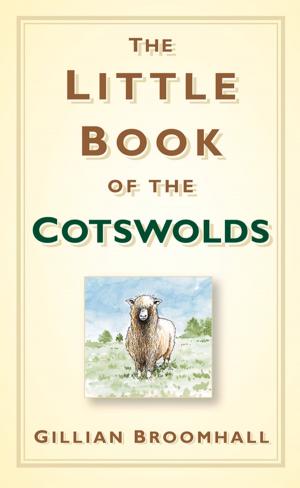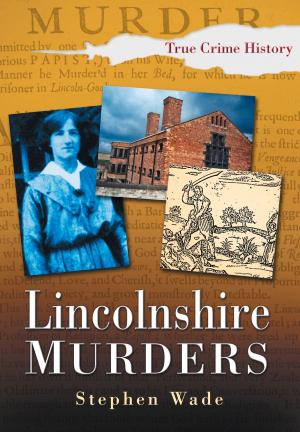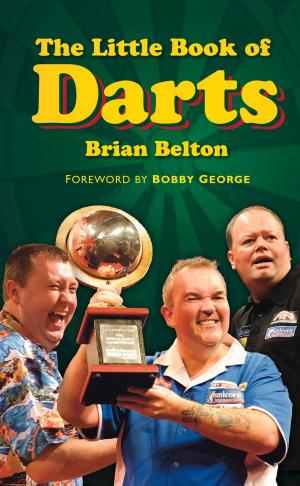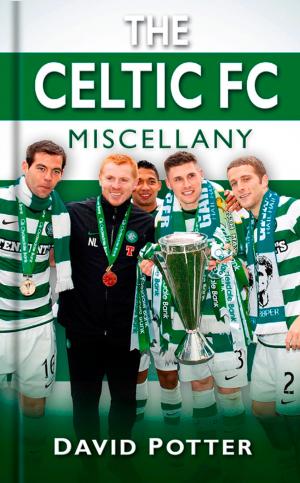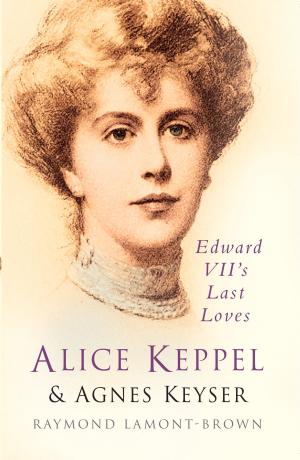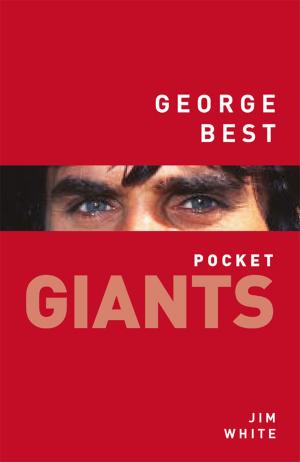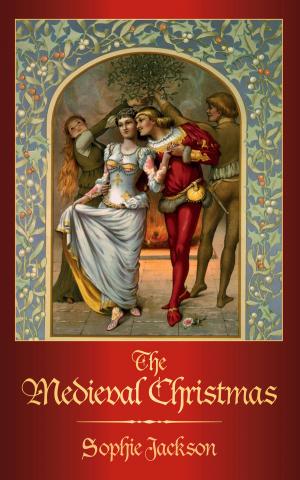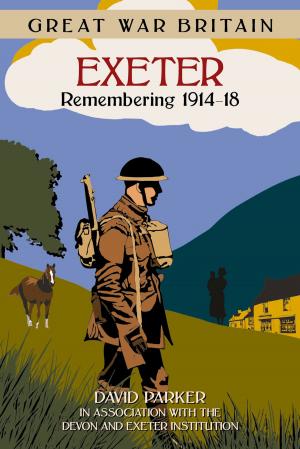Liverpool's Children in the 1950s
Nonfiction, History, British, Social & Cultural Studies, Social Science| Author: | Pamela Russell | ISBN: | 9780752482415 |
| Publisher: | The History Press | Publication: | January 31, 2012 |
| Imprint: | The History Press | Language: | English |
| Author: | Pamela Russell |
| ISBN: | 9780752482415 |
| Publisher: | The History Press |
| Publication: | January 31, 2012 |
| Imprint: | The History Press |
| Language: | English |
A follow-up to the author’s successful Liverpool’s Children in the Second World War. Reminiscences from people growing up in the 1950s. More than 50 previously unseen images of home life, school days, and playtime. Full of the warmth and excitement of growing up in the 1950s, awakening nostalgia for times that seemed cosy and carefree with families at last enjoying peacetime, this book is packed with the experience of schooldays, playtime, holidays, toys, games, clubs and hobbies conjuring up the genuine atmosphere of a bygone era. As the decade progressed, rationing ended and children’s pocket money was spent on goodies like Chocstix, Spangles, Wagon Wheels and Fry’s Five Boys. Television brought Bill and Ben, The Adventures of Robin Hood and, for teenagers, The Six-Five Special, along with coffee bars and rock ‘n’ roll. This book opens a window on an exciting period of optimism, when anything seemed possible, described by the children and teenagers who experienced it. Liverpool’s traditional sense of community, strengthened by the war years, provided a secure background from which children and teenagers could welcome a second Elizabethan era.
A follow-up to the author’s successful Liverpool’s Children in the Second World War. Reminiscences from people growing up in the 1950s. More than 50 previously unseen images of home life, school days, and playtime. Full of the warmth and excitement of growing up in the 1950s, awakening nostalgia for times that seemed cosy and carefree with families at last enjoying peacetime, this book is packed with the experience of schooldays, playtime, holidays, toys, games, clubs and hobbies conjuring up the genuine atmosphere of a bygone era. As the decade progressed, rationing ended and children’s pocket money was spent on goodies like Chocstix, Spangles, Wagon Wheels and Fry’s Five Boys. Television brought Bill and Ben, The Adventures of Robin Hood and, for teenagers, The Six-Five Special, along with coffee bars and rock ‘n’ roll. This book opens a window on an exciting period of optimism, when anything seemed possible, described by the children and teenagers who experienced it. Liverpool’s traditional sense of community, strengthened by the war years, provided a secure background from which children and teenagers could welcome a second Elizabethan era.
